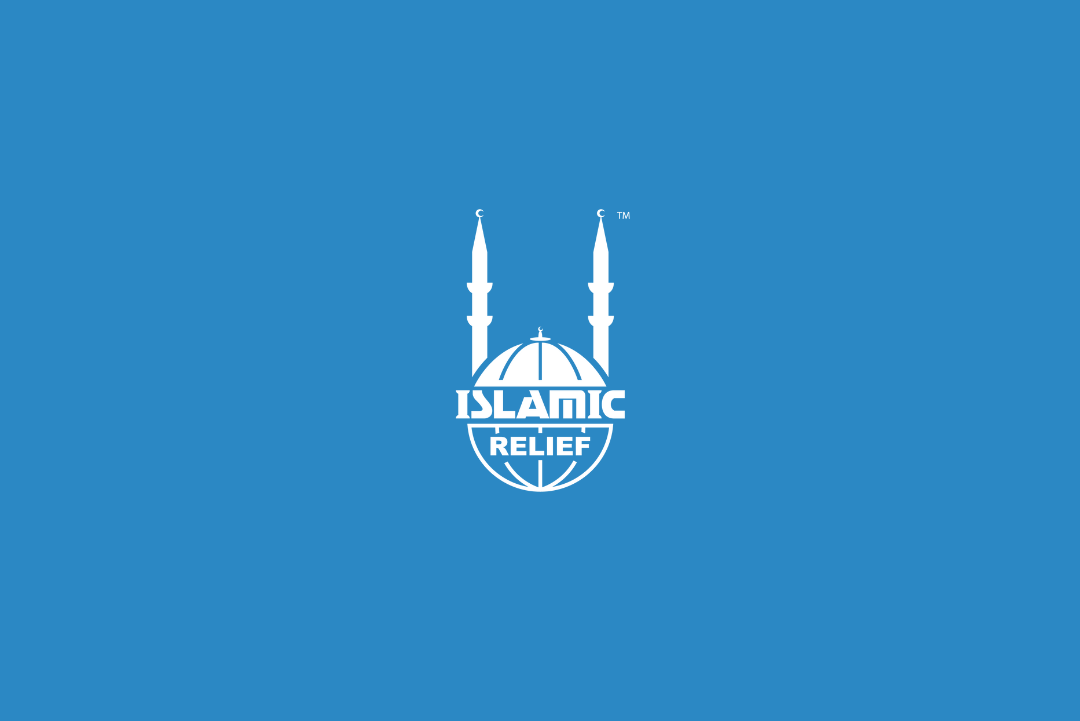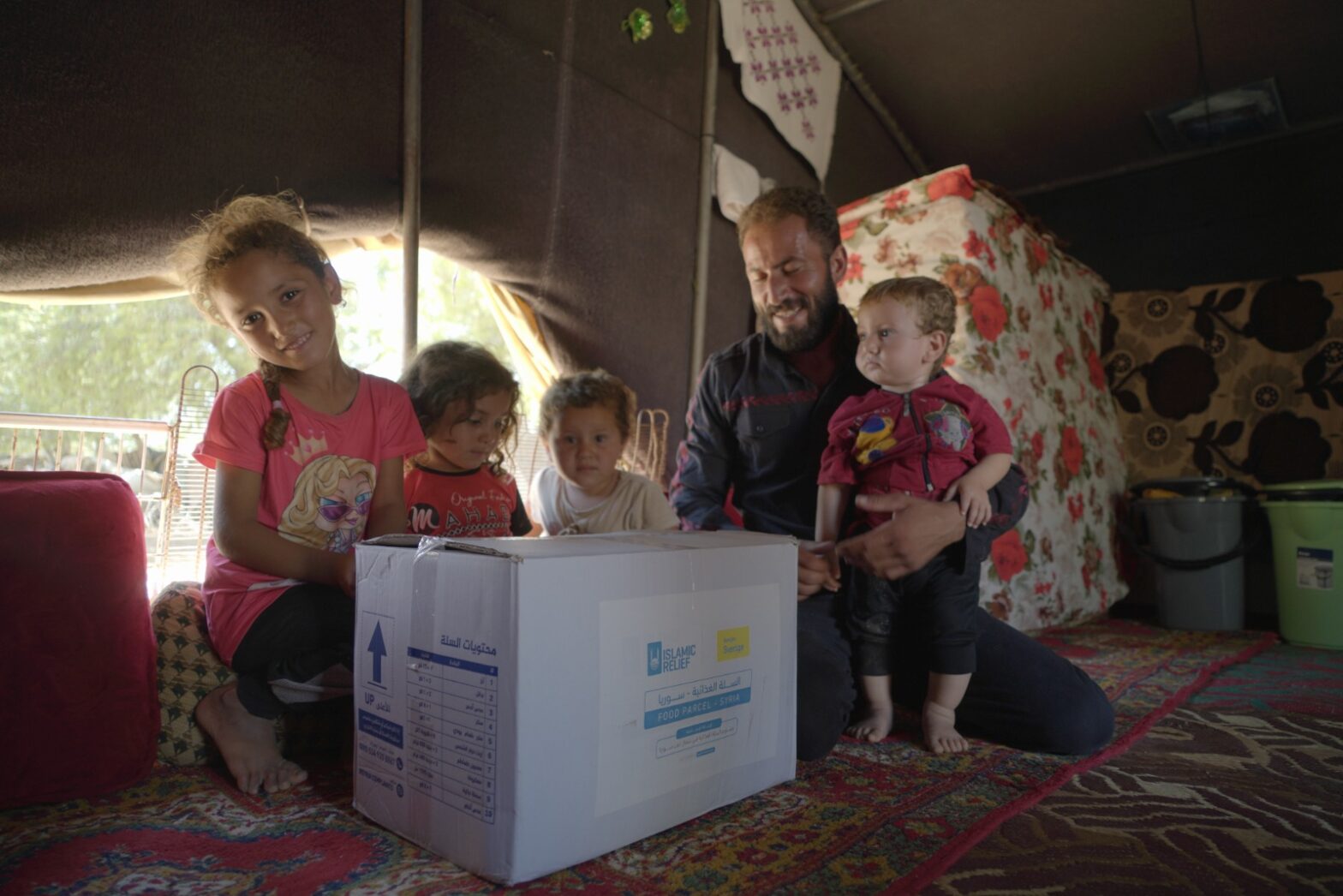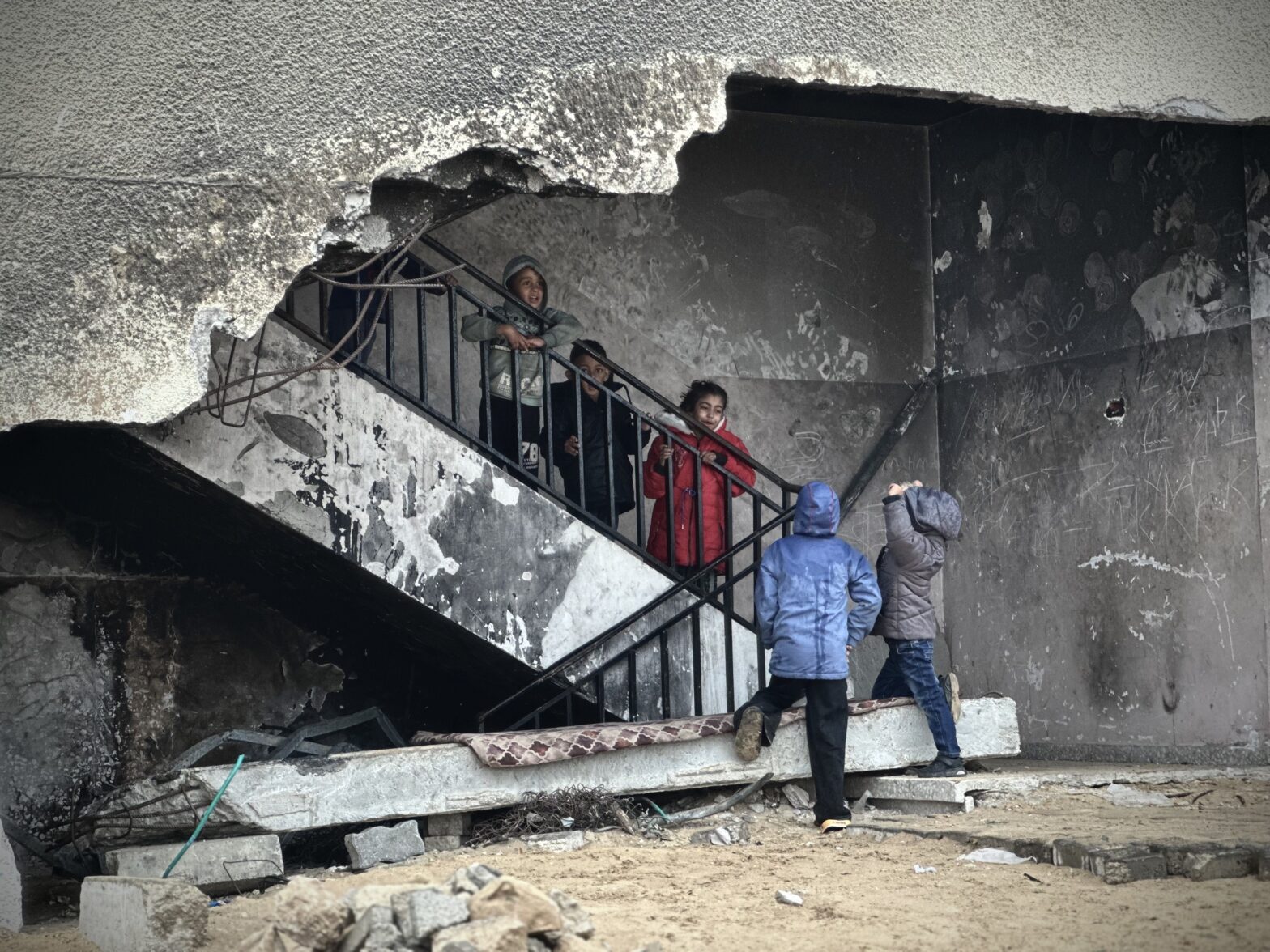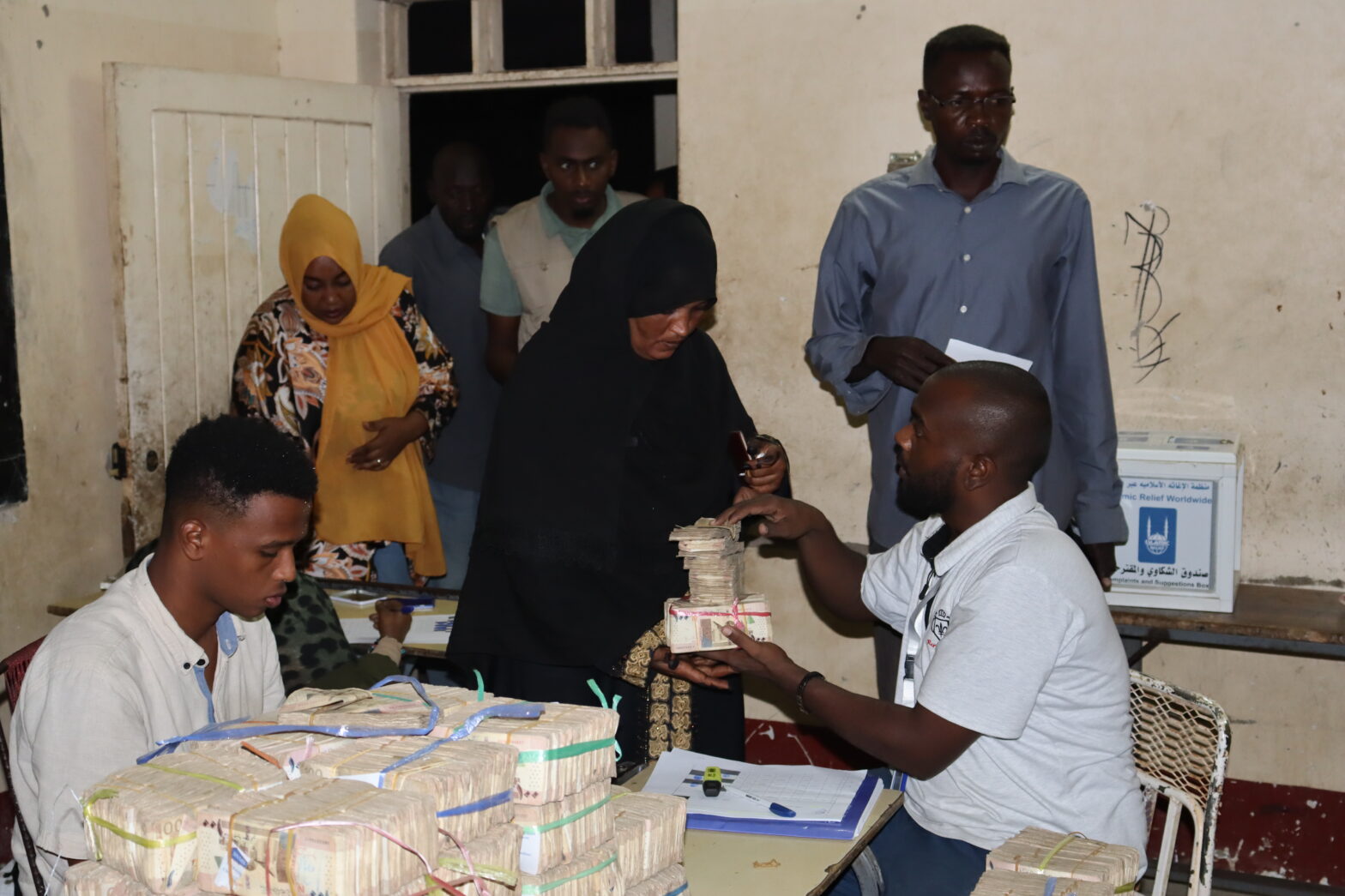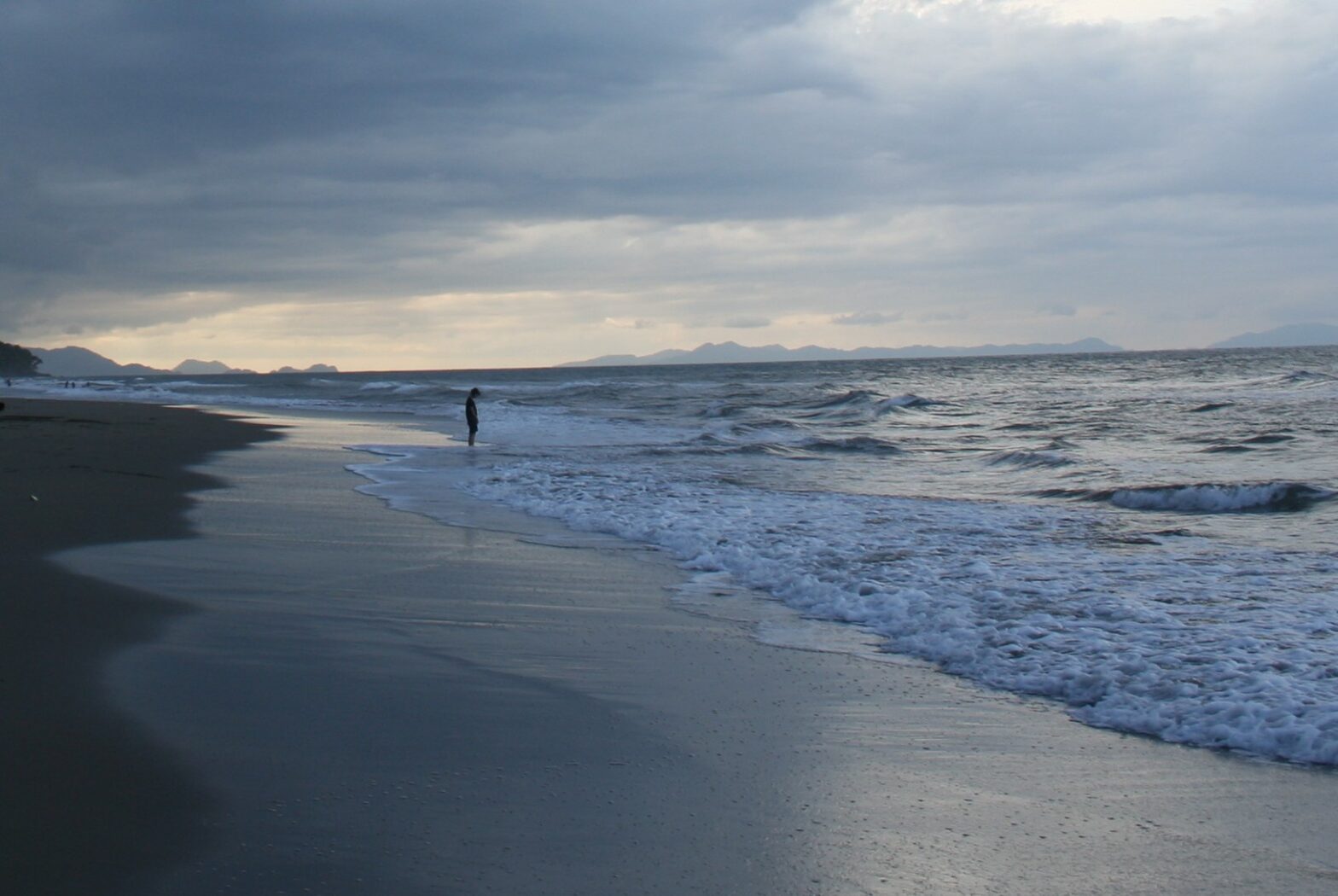As Ramadan begins, Islamic Relief Worldwide’s CEO, Waseem Ahmad, shares a message of thanks to our supporters.
As we prepare to enter the holy month of Ramadan, our thoughts are with our brothers and sisters around the world who are suffering, unable to spend quality time with their loved ones or even to find food with which to break their fasts.
I’m writing from Egypt, where I’ve spent this week packing up some of the 28,000 lifesaving Ramadan food parcels that Islamic Relief and our local partner Misr El Kheir will be delivering to Gaza.
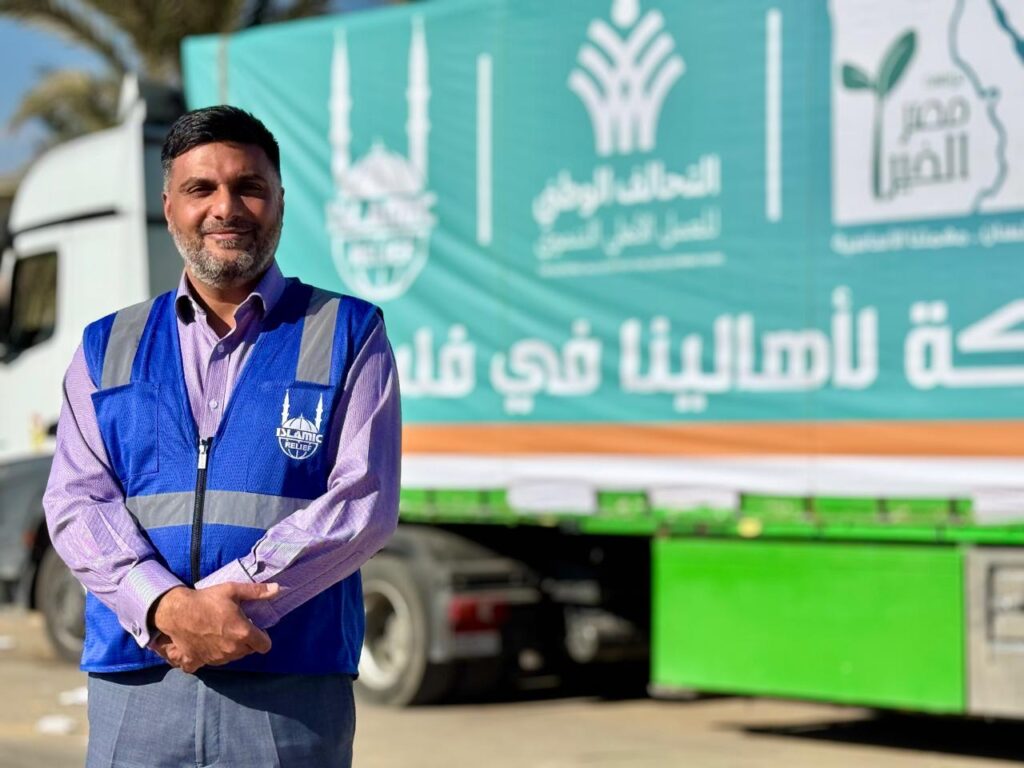
The crisis just across the border in Gaza is almost too catastrophic to properly describe. Hundreds of thousands of surviving families have no homes or schools to return to. For those that are sick or injured, there is no hospital to treat them. Entire neighbourhoods are now rubble, and everyone is grieving a loved one killed.
The levels of hunger there are shocking, and it is no exaggeration to say that these parcels of nutritious staples such as rice, pasta, beans and cheese, will be a lifeline for suffering families.
Since the outbreak of the crisis in Gaza, Islamic Relief’s team and partners on the ground have been delivering aid to hundreds of thousands of people in need. We’ve cooked around 70 million hot meals, sustained a daily water supply for many, provided education for children, and much more.
But the hunger crisis in Gaza remains desperate, and our team there needs more support. Since the ceasefire, we have started to see a lot more aid coming into Gaza, but it is still nowhere near enough compared to the massive needs.
Alhamdulilah, our food parcels will provide families with sustenance for the body and spirit. It is thanks to our incredible donors that we can make this happen and we ask that you continue to give generously during the holy month.
Supporting families in need worldwide
As well as Gaza, Egypt shares a border with Sudan, where our parcels are helping to ease the burden of people experiencing one of the world’s worst humanitarian crises.
Millions have been displaced, and famine has been confirmed in multiple areas of the country.
When I visited Sudan late last year, I was struck by the resilience of its people in the face of so much suffering. Many that I met had been forced to flee their homes with little more than the clothes on their backs only to have to relocate again and again in search of safety.
Hunger, displacement and uncertainty are also being keenly felt by our brothers and sisters in Syria. So much there has changed in recent months, but the humanitarian crisis that has gripped the country for almost 14 years remains a bitter reality for many.
Our Ramadan food parcels will reach vulnerable people in Gaza, Sudan, Syria and many more places around the world. They provide not only much needed sustenance and food with which to break fasts, but also, a peaceful moment for families to spend together, their burden eased by the generosity of our donors.
This Ramadan, when you join together with your families and loved ones, remember the many people around the world who need your help. Your kind donations and duas are appreciated more than words can express.
Last year, they helped us deliver more than 172,000 food parcels to families across 29 countries. This year, we hope to reach many more, insha’Allah. Please help us reach this goal. Donate to our Ramadan appeal now.
Jazakallah khairan
Ramadan kareem
Wasalaamu alaykum wa Rahmatullahi wa barakatuh




